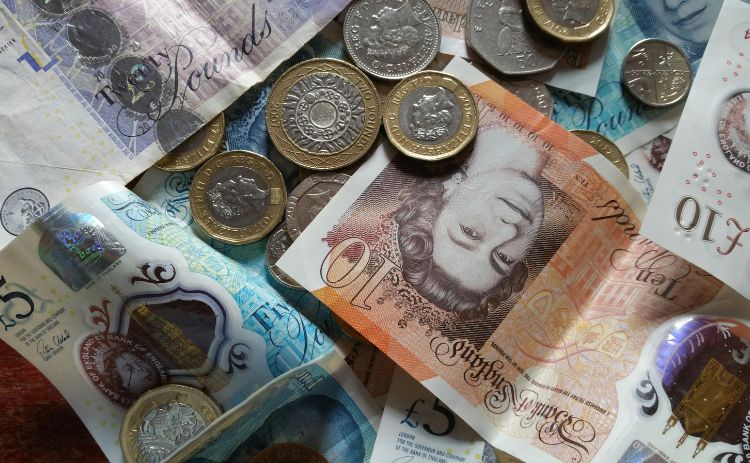Professor Darren Duxbury’s research findings included in parliamentary report on the acceptance of cash
Professor Duxbury submitted his research findings to a call for evidence on cash acceptance by the Treasury Committee and was cited in the published report. He has since applied his findings to the recent power outage in Spain and Portugal.
12 May 2025
Acceptance of cash
Earlier in the year, the Treasury Committee was inquiring whether there was a need for the UK to regulate or mandate the acceptance of physical cash in the form of notes and coins. Drawing on evidence from previous research projects, Professor Duxbury prepared his evidence for the consideration of the Committee.
Findings from the research were presented as written evidence to the Treasury Committee Inquiry on Acceptance of Cash and have informed parliamentary debate. Professor Duxbury was successful for the inclusion of his findings in the published parliamentary report, the findings are cited (p. 32, para. 70).
Power outages highlight enduring need for cash
Recent widespread power outages, such as those severely impacting Spain and Portugal in late April 2025, serve as a potent reminder of the critical role physical cash continues to play in an increasingly digital world. The blackouts, which left ATMs and card payment systems inoperable reflect the importance of findings from research by Professor Darren Duxbury at Newcastle University Business School regarding payment behaviour under stress.
The disruption across the Iberian Peninsula saw millions temporarily lose access to digital payment methods, highlighting the vulnerability of electronic systems during infrastructure failures. This real-world scenario lends weight to academic research on why people choose cash.
An academic-industry collaboration between Newcastle University and NatWest bank, led by Professor Darren Duxbury, examined the behavioural factors influencing payment intentions. The research found that "exogenous shocks" – unexpected events like economic downturns or security breaches – significantly increase people's intention to use cash. Specifically, the research indicated that in scenarios perceived as security risks (perhaps exhibited during the recent blackout), individuals display a strong shift towards using cash, viewing it as a more reliable and secure option when digital systems fail. This tendency was observed even among those typically comfortable with and knowledgeable about electronic payments.
Experts and policymakers increasingly echo the sentiment in Professor Duxbury’s research. Following the recent European power outages, consumer advice from the likes of public figures such as Martin Lewis and governmental bodies like the UK Treasury Committee, have reiterated advice for individuals to keep a supply of cash on hand for emergencies. They stress that cash acts as a vital safety net when digital infrastructure is compromised, whether due to power cuts, technical failures, or potential cyber threats.
Recent events underscore that reliance solely on digital payment methods carries inherent risks. Professor Duxbury's research into behavioural responses helps explain why cash remains important, particularly during crises.

Professor Duxbury cautions: “While the convenience of digital payments is undeniable, maintaining robust access to cash is not just about financial inclusion for vulnerable groups, but a matter of fundamental resilience for the entire economy when technology fails.”
For more details on Professor Duxbury's research, you can visit his profile at Newcastle University.
